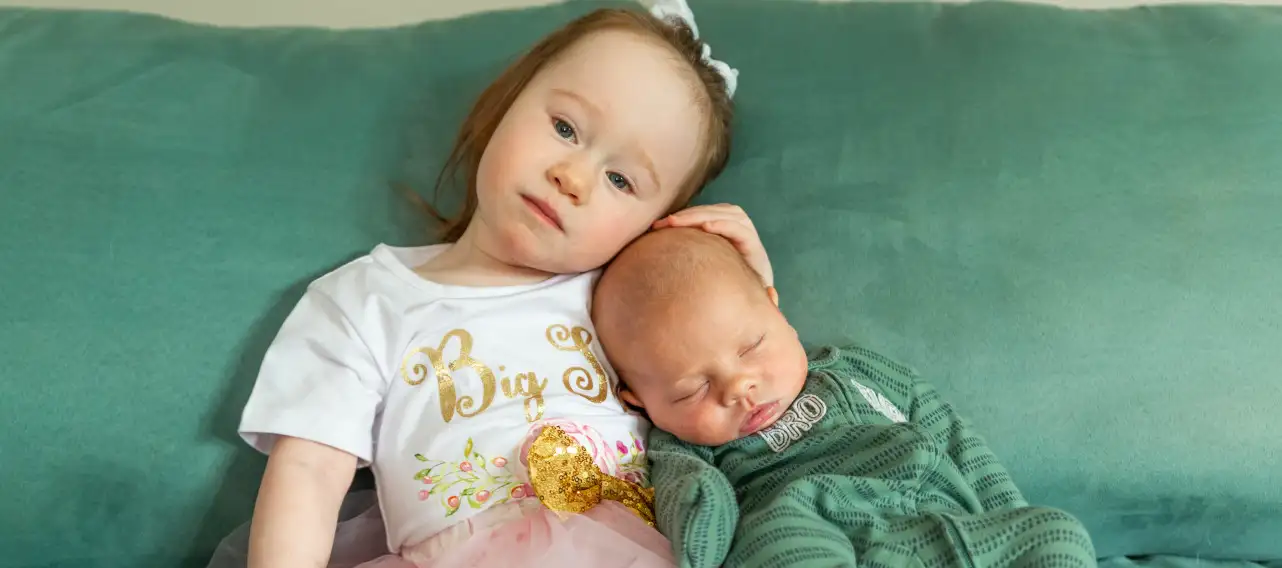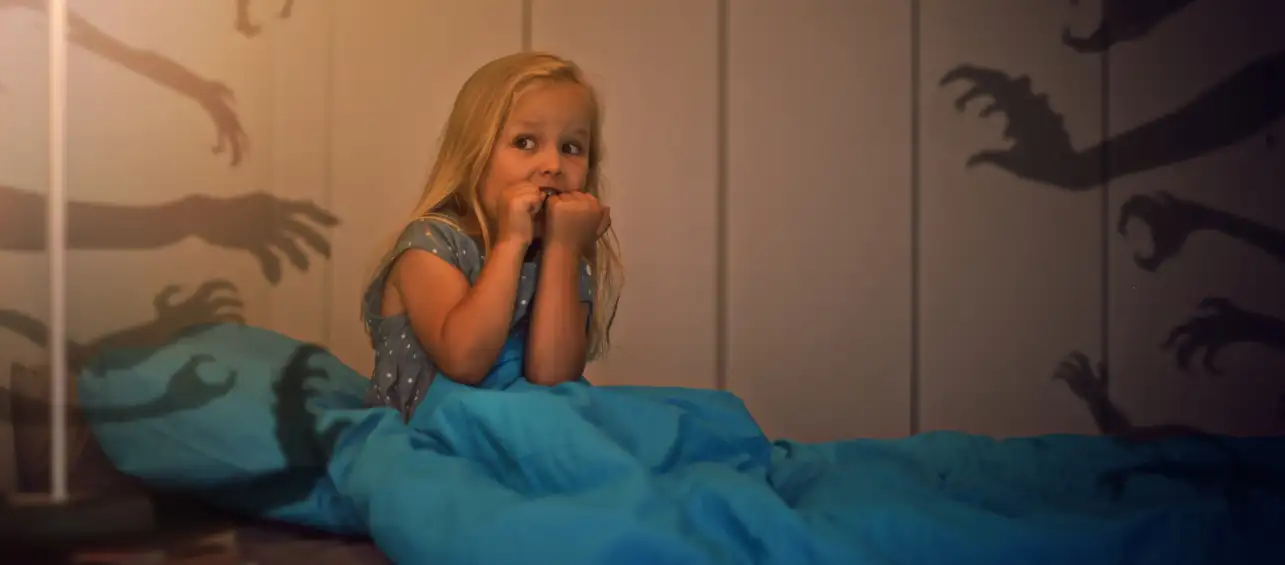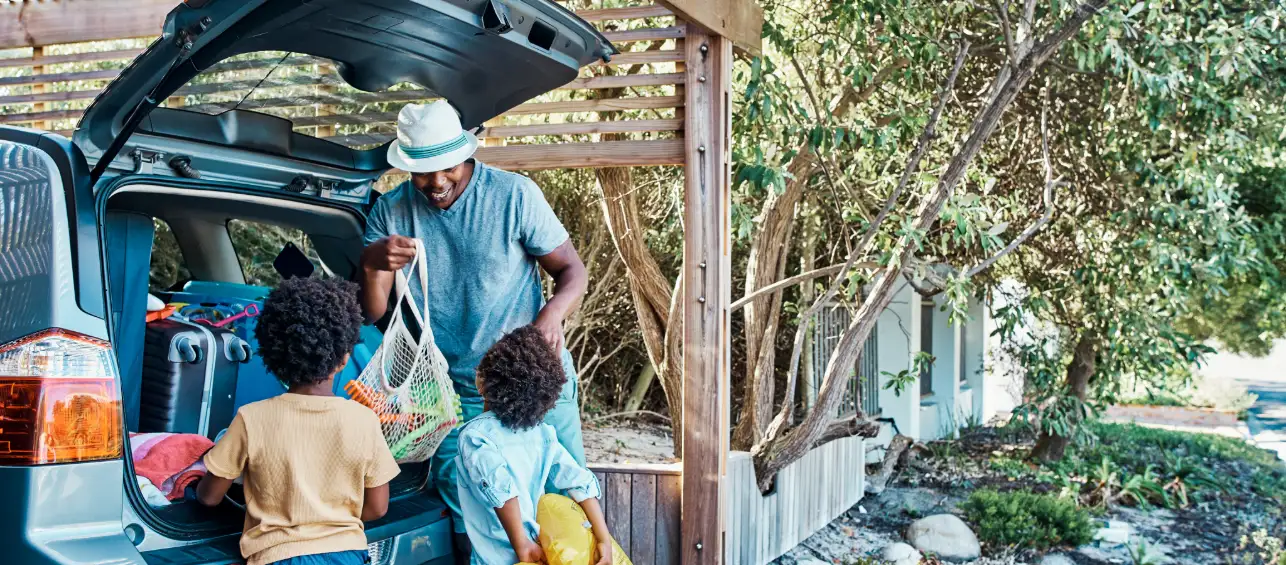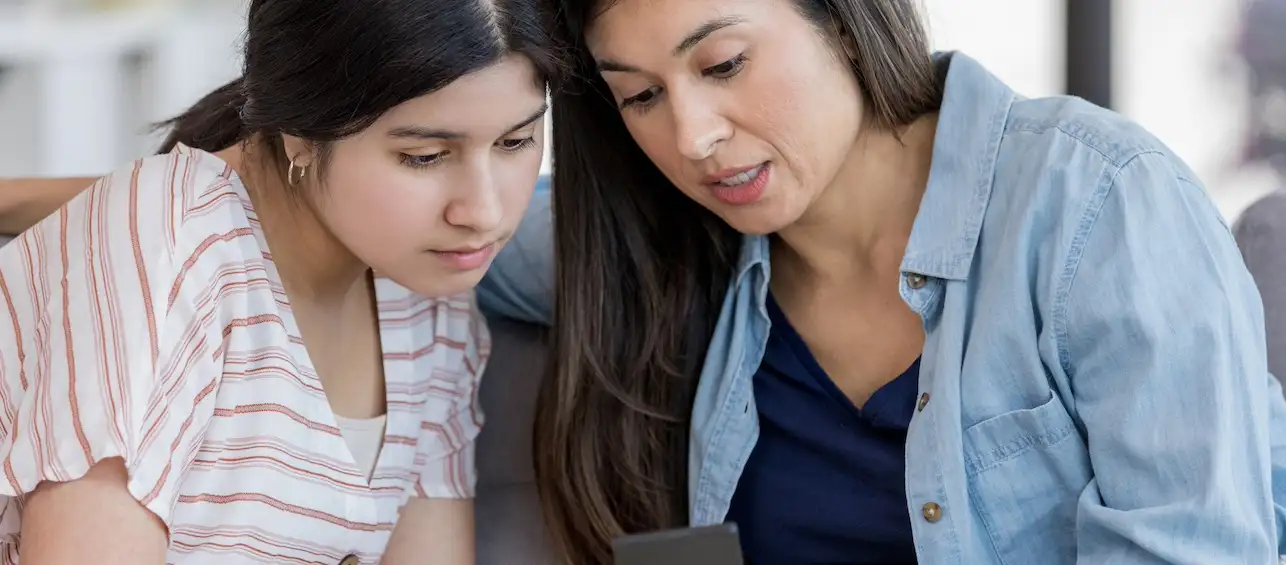The American Justice Department statistics show that 1 in every 4 kids will be bullied some time in their adolescence. With the consequences of bullying well-documented, this is a sobering statistic.
On the flip side, it can be equally disheartening to parents when it is their child doing the bullying. No parent wants to hear that their child is putting others down or causing someone physical harm.
What can you do if your child is the bully?
Often when we think about bullying, we think that there are good guys and bad guys; the bully vs. the victim. But we often miss the forest for the trees, as there are shades of grey in most bullying situations. It is important to focus on the action of stopping the bullying, not the person.
If you find that your child is exhibiting bullying behaviors, don’t focus on the good or bad, or right or wrong. This will not solve the underlying problems. Instead, focus on stopping the negative behavior and opening the lines of communication. Follow these simple guidelines to talk to your child about her bullying behavior:
Guidelines for Talking to Your Child About Bullying Behavior
Remain calm
It’s normal to feel shocked, angry, sad, disappointed and defensive when finding out your child might be bullying someone. But, it is important that you do your best to not overreact. If needed, try a calming technique like taking big breaths, counting to 10 or even 100. Do whatever it takes to keep your emotions in check.
Take the problem seriously
No matter how small the incident is, do not make excuses, deny or overlook the problem. The situation will not go away on its own.
Talk
If your child is bullying his peers, there is a reason. The first and most important step is opening up a line of communication between you and your child. Although you are probably feeling angry, do not blame or put him down. Right now is not the time for right or wrong. Your goal is to get him talking about how to stop the bullying behavior.
Express you want to help
First, express that although you don’t condone your child’s actions, you love and support her and are glad that she wants to talk about the problem. She needs to know that you want to help.
Ask questions
Ask something like, “Can you tell me what happened?” Do not ask questions like, “Why did you do that?” Then, let your child tell the story without interruption or showing emotion. If your child does not want to talk to you, encourage him to talk to another adult he is close to, such as an aunt or a teacher.
Stay objective
Doing so will help you determine how serious the situation is. It is okay to take your child’s side, but don’t miss important details or ignore the facts. Remember, your child may not tell you the whole story the first time.
Find out why
It is important to find out why your child is bullying his peers. Be a detective and try to get to the bottom of why the actual behavior is occurring. Ask your child questions like:
• What are you thinking when you__________?
• Do you know why you are______________?
• When you are ______________ how do you feel?
• Is there something else that has been bothering you?
Understand and change behaviors
Once you are confident that you have an understanding of what happened (or is happening), you must hold your child responsible for his actions.
- Tell her what she is doing is bullying. Make sure she understands why.
- In a manner that is firm but loving, tell him you will not tolerate this type of behavior and mistreatment of others.
- Encourage her to think through the situation and the underlying causes on her own, including thinking about what she can do to stop.
- Promote empathy by discussing how he would feel if that happened to him and how he thinks the other child felt when it happened. You may want to watch a movie that will help him see the consequences of bullying (e.g., The Bully Project, Bully, Stories of Us).
- Help your child recognize and express feelings in a less damaging way. Negative feelings such as anger and frustration are okay, but taking the anger out on others by bullying them is not okay.
Other issues to consider
As someone who studies bullying, I have found that children who exhibit bullying behaviors can be struggling with personal issues and problems and need help and support from those around them.
If you suspect that your child is bullying others, it is important to learn about and understand why your child may be exhibiting these behaviors. Understanding the “why” can help you decide what actions to take to help your child. Here are the most common reasons that children bully one another:
- Having problems at home: Divorce, new addition to family, income change, moving. Even something that seems small to an adult can have a big impact on a child.
- They are being bullied themselves: Children often switch from bully to bystander to victim and they themselves may have been the target of bullying.
- Their own group of friends: Often children are part of groups that encourage and reward the bullying of other students and members of their own group.
- Depression, anxiety, loneliness, low self-esteem: Sometimes there is a link between bullying behavior and depression or anxiety.
- Seeking attention or jealousy: Children tend to base their self-worth on what they have and what others think of them. This can take a toll on their self-esteem, leading a child to bully others to feel in control.
- Unable to resolve conflict in a productive way: Often bullying is a result of a conflict that your child was unable to resolve.
Additionally, your child will probably need some extra support from you. Spending one-on-one time together can be a good way to show how much you love and support your child. We also recommend investigating ways for your child to make a positive impact on others by volunteering or joining a group that positively impacts the community.
If you think your child is dealing with depression or anxiety, it might be helpful to have her talk to a psychologist, counselor or other mental health professional.
With all of this, it is important that you have realistic expectations. It will take time for your child to change his behavior. It is important that you create an environment where your child feels safe and loved, yet continue to remind him that negative behaviors such as bullying will not be tolerated.
Our team at Cincinnati Children’s has created the Girls Guide to End Bullying and the Boys Guide to End Bullying, programs to help children, teens, parents and teachers learn about and stop bullying. The tips and strategies discussed above are available to you in our parent manual. The suggestions go into greater detail and include accompanying materials.






My granddaughter(4YRS old)bit a child @her daycare & @first I thought the child was bothering her but later on she kicked her babysister(8mos old)in the ribs while crawling on the floor.On more than one occasion I’ve witnessed her abuse/bully her 8no old sister.I’m just her grandmother but what can I do to break down her resolve
Hi Vee,
I reached out to one of our psychologists and she recommends starting with the child’s pediatrician. He/she will be better equipped to evaluate the situation fully and make a determination about next steps.
Can you give me some resources in Cincinnati OH where kids that bully can go to get counseling to stop their behavior.
Thanks!
Hi Cindyo,
A good place to start might be to contact endbullying@cchmc.org or 513.803.9151. You might also find the Girls Guide to End Bullying website helpful: https://www.girlsguidetoendbullying.org/index.html.